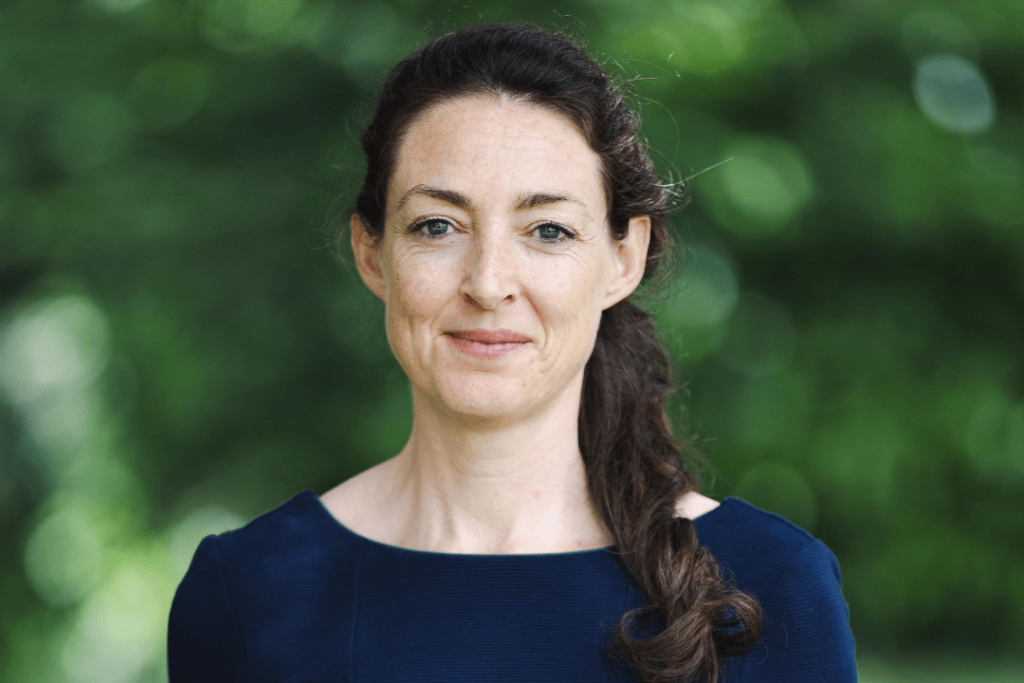
Around 6 million people who need hearing healthcare in the UK aren’t accessing it. This is approximately one third of all those who are deaf, have hearing loss or tinnitus. Those not in the healthcare system face an increased risk of social isolation and depression.
RNID believes there is a real opportunity to transform NHS hearing healthcare to meet these demands and deliver a more cost-effective model, leading to better health outcomes.
We’ve been excited to hear ideas from people with hearing loss, healthcare professionals, academics, and technology experts. Crystal Rolfe, RNID’s Director of Strategy, shares a few ideas for improving hearing healthcare in the UK to meet the current and future demand.
What challenges are people experiencing?
There are several reasons why people do not get help when they need it.
Often, people do not recognise the gradual deterioration in their hearing – just as you may not notice the light fading at the end of the day. Some people are concerned about the potential stigma and costs of hearing aids, despite good quality devices being free on the NHS. Others struggle to prioritise their own health over life’s many other demands.
When people seek healthcare support for their hearing, they have told us about experiencing confusing referral processes, limited appointment availability and not being informed about the hearing aids and assistive technology available. Our In Their Own Words report explores more.
Healthcare services play a crucial role in providing support and treatments to improve people’s hearing health. In recent years, hearing health services have had reduced capacity due to staff shortages and inadequate funding, which have been exacerbated by the impacts of the COVID-19 pandemic.
The opportunity to meet people’s needs using technology
Despite the growing demand and continued challenges, the process of receiving hearing healthcare has remained largely unchanged since 2005, when digital hearing aids were fully rolled out in the NHS. In 2005, when YouTube and Google Maps launched, most phones didn’t have a camera and Zoom wasn’t invented yet. What seemed unimaginable 20 years ago, such as remote healthcare appointments, is very commonplace now.
Used well, technology can enable a high quality of service and empower people to live longer and healthier lives. Technology also has the potential to enable more efficient services, allowing healthcare services to support more people. New digitally-enabled healthcare models have been tested for many long-term conditions, including for eye and skin care. Improvements include using phones as medical devices, using AI within triaging, and enabling people’s involvement in healthcare decisions.
The same technological benefits of these other healthcare models could be applied to hearing healthcare. Here are some of my ideas about how technology could create a better future for hearing health in the UK, and more choice for people.
Idea 1: Hearing checks at home with automated referrals
In this scenario, people are prompted by an NHS App notification or SMS message to check their hearing through a quick and easy digital check they can do from the comfort of their own home. If the check recommends more detailed assessments, they can complete an online survey to communicate their symptoms, desired outcomes, and any additional support needs. The online survey, alongside their hearing check result, generates an automated referral to Audiology or ENT.
This could result in earlier identification and diagnosis of hearing health issues, support easier healthcare service navigation and reduce the time spent on administration.
Idea 2: Using a phone as a medical device
Patients and healthcare professionals could use an otoscope attachment on a phone to scan an ear. The scan uses AI analysis to identify any ear abnormalities or wax, which supports triaging the patient to the relevant healthcare professional. In this scenario, otoscope attachments would be available for people to use independently at home, online, or with their local community health services. People could use the ear scan result as evidence for a self-referral to a service, or choose for it to be automatically shared with their healthcare team.
This could make it easier to navigate healthcare support and improve the coordination between community and hospital healthcare services.
Idea 3: Easier access and personalised tuning of hearing aids
Once diagnosed with hearing loss, people could be offered the choice of self-fitting hearing aids and remote treatment, with hearing aids delivered the next day, or picked up from a convenient location such as a pharmacy or GP. People can then use a hearing aid app to adjust the settings and get easily accessible remote support from an audiologist to answer queries and get the most out of their hearing aids, all from the comfort of their own home.
This could improve access to treatment, empower people to achieve their personal hearing goals, and support healthcare services to meet the increasing demand.
Share your idea
These are just a few ideas of how technology can support the future of hearing healthcare in the UK. We’ve been excited to hear ideas from people with hearing loss, healthcare professionals, academics, and technology experts.
As the national charity we believe that by working in collaboration to test and develop solutions with people who are deaf, have hearing loss, and tinnitus, we can make the future better for hearing health.
If you have an idea for the future of hearing healthcare, let us know by emailing [email protected].